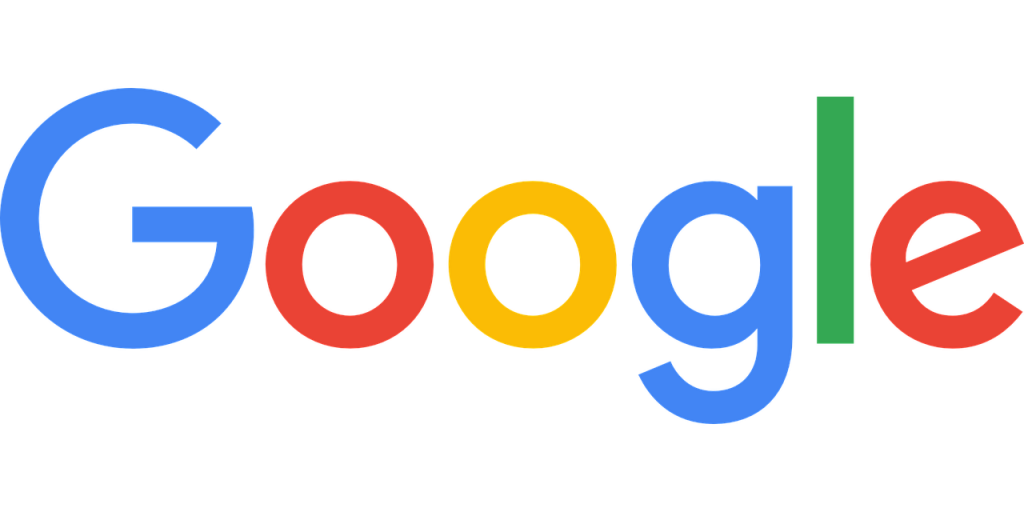We respect your privacy says Google, announcing that it has plans to stop tracking your activity online in order to serve you personalised ads. In an official blog post, Google’s Director of Product Management, Ads Privacy, and Trust, David Temkin, has explained how the internet giant has arrived at this decision.
Privacy is key, says Google
“If digital advertising doesn’t evolve to address the growing concerns people have about their privacy and how their personal identity is being used, we risk the future of the free and open web.”, says David Temkin, and he’s got a point. There’s a growing general concern for online privacy, particularly when it comes to things like ad-tracking. It’s only reasonable that people want to keep themselves as anonymous as possible when online, fearful of the prying eyes of tech giants hungry to sell them out to advertisers.
Temkin’s post goes on to say that, after already announcing its plan to remove support for third-party cookies (a website or advertiser’s weapon of choice when it comes to data tracking), Google will be using “alternative user-level identifiers” to create a personalised ad experience without invading your online privacy.
“People shouldn’t have to accept being tracked across the web in order to get the benefits of relevant advertising. And advertisers don’t need to track individual consumers across the web to get the performance benefits of digital advertising,” Temkin goes on to say.
Google plans on testing FLoC-based cohorts as another alternative to user-tracking, and wants to begin public testing with the system within the month. FloC (Federation Learning of Cohorts API) observes groups of online users with similar interests and online histories to decide on personalised ads, rather than scraping your personal history online.
Google says it wants to keep the internet accessible and open without sacrificing individual privacy. “We look forward to working with others in the industry on the path forward.” concludes Temkin. Now, this doesn’t leave you as a Google user completely anonymous online. But at the very least, it’s a step in the right direction.
